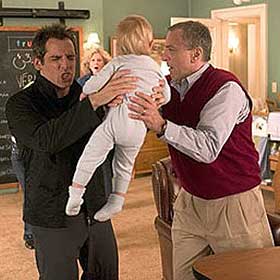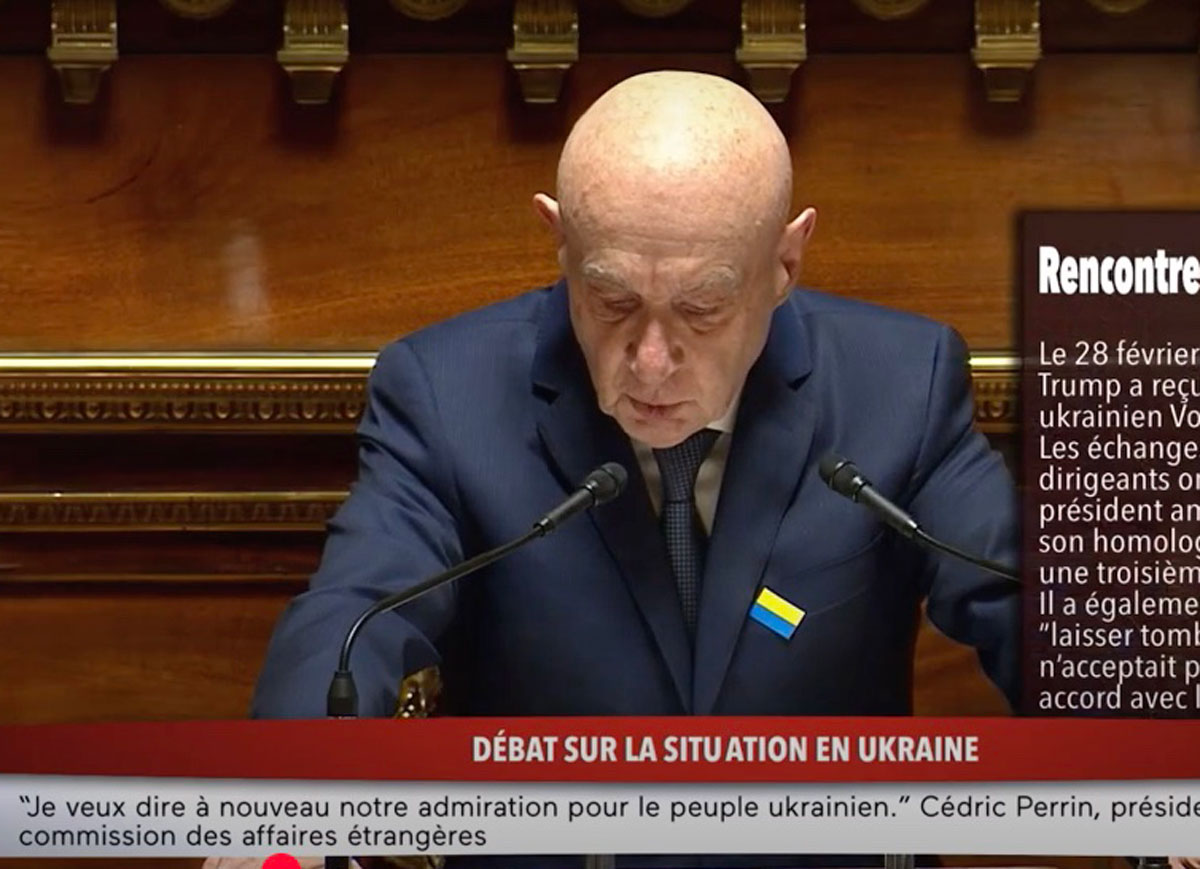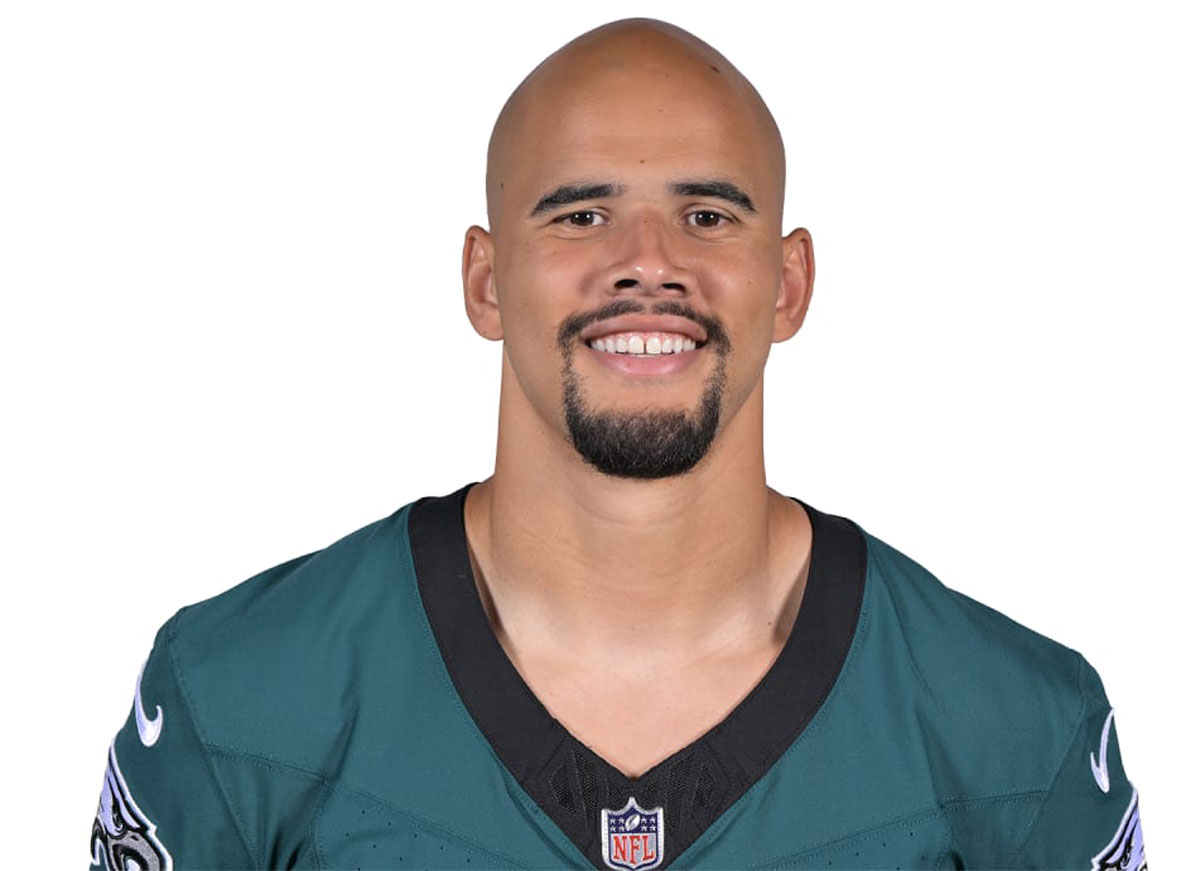Little Fockers

2/5
With its, by the standard of other early 2000s domcoms (domestic comedies, if you like), high-concept premise–mild mannered milksop must warm up to the mother of all fathers-in-law-to-be: an ex-CIA operative!–Randy Newman-scored soundtrack, and unlikely comedy pairing of Ben Stiller and Robert De Niro–the former having recently succeeded Jim Carrey as the Box Office King of Low Brow Comedy; the latter, fresh on the heels of his successful turn-against-type in the hit comedy Analyze This—Meet the Parents, a remake of the 1992 independent film vehicle for oddball stand-up comedian Emo Philips–became one of the highest grossing films of 2000. In fact, the formula was so effective that simply repeating it–with the warmed-over De Niro taking on Stiller's former role of put upon in-law, this time, to his son-in-law's freewheeling hippie-parents: Dustin Hoffman and Barbara Streisand–resulted in another $500 million box office smash. Unfortunately, since it was impossible to, without introducing a divorce and remarriage, introduce any more in-laws, the chances of turning Meet the Parents into a franchise were slim to none. As a result, Little Fockers takes on a darker tone, addressing themes of divorce, marital infidelity, heart disease and over-the-counter drug abuse.
Such dark, sober themes are even addressed in the film's opening minutes: during the noisy hustle and bustle of one of those first-thing-in-the-morning sequences–without which most domcoms would be unrecognizable as such–Gaylord "Greg" Focker (Stiller) and his wife Pam (Teri Polo) prepare for school their five year-old twins, whose joint birthday also looms overhead. In the space of about three minutes, it is revealed to the audience that Greg's daughter, Samantha, doesn't particularly like him and that his son, Henry, doesn't have any friends. Of course, the child actor who plays Samantha, Daisy Tahan, seems to have been unaware that screenwriters John Hamburg and Larry Stuckey were actually attempting to address, with this scene, the rather thorny Freudian concept of the Family Romance, so instead of conveying embitterment and hostility she plays the scene off as gentle chaffing–or is she just ineffectually suppressing laughter? But I'll cut her some slack because Oscar-winner Dustin Hoffman seems to have the same problem throughout the film: yes, it is a film. But, by contrast, Hoffman's true master in this film is Colin Baiocchi, the young actor who plays Henry. Baiocchi seems to understand that his character is not only "sad" but "lonely" as well, and so, when he informs Greg of his social stigmata, he delivers his lines with an efficacious pouty face. I refuse to give director Paul Weitz any credit for this choice.
A few seconds later we are introduced to Greg's whacky conniving counter-culture friend who owns a bouncy castle, played by Harvey Keitel, who has been relegated to the role of a kooky character actor–after all, he's got to pay the bills–and by the four minute mark, the entire first act is complete: Greg has met and become smitten with Andi Garcia (Jessica Alba) the home-wrecking jezebel who will tear the family apart. The naming of her character is idiotic for two reasons: firstly, the joke has already been used in a number of films and television series–Michael Bolton in Office Space and George Michael in Arrested Development spring to mind–secondly, funny coincidences are only (barely) funny in real life, in films they're contrivances, sort of like this: Andi endears herself to Greg by complimenting him on the article he had published in the "AMA journal": it isn't called that and he's a nurse. Also, heart attacks aren't funny; if you agree, please don't see this film. Even if you don't agree, this is the least funny "funny heart attack" scene you'll ever scene.
This film is a debacle and its great tragedy is that it's so very well intentioned: everyone involved in this film is so obviously smart and so obviously talented and so obviously well-intentioned, but the result is a film so obviously obvious as to state a very obvious case for its total irrelevance. Comedies really should address these themes, and they should be able to: 50 percent of marriages end in divorce, 44 percent of divorced couples have children. But there's something terribly dishonest about Little Fockers. Could it be the simple fact that it's an opportunistic "threequel," the continuation of a film franchise that surely saw its logical conclusion in Meet the Fockers. This is the cinematic equivalent of "the sad episode" of a '90s sitcom. It cannot achieve pathos because, hey! it's a comedy! It cannot make us laugh because of the abject misery to which we are subjected for nearly its entire duration: larval jokes which die on the lips of actors who cannot restrain their laughter at the abominable stupidity of the material–either that or the exorbitance of their paychecks in contrast with said material–a Randy Newman-esque score performed by some soundalike, the done-to-death premise of The Freshman–of which the Godfocker sequences are practically a remake–and projectile vomit, erectile injections, projectile bleeding and anal probings galore. For his $20 million, Ben Stiller could have told a single joke. He used to be good: for the duration of the film he looks utterly miserable.
RELATED ARTICLES
Get the most-revealing celebrity conversations with the uInterview podcast!





Leave a comment